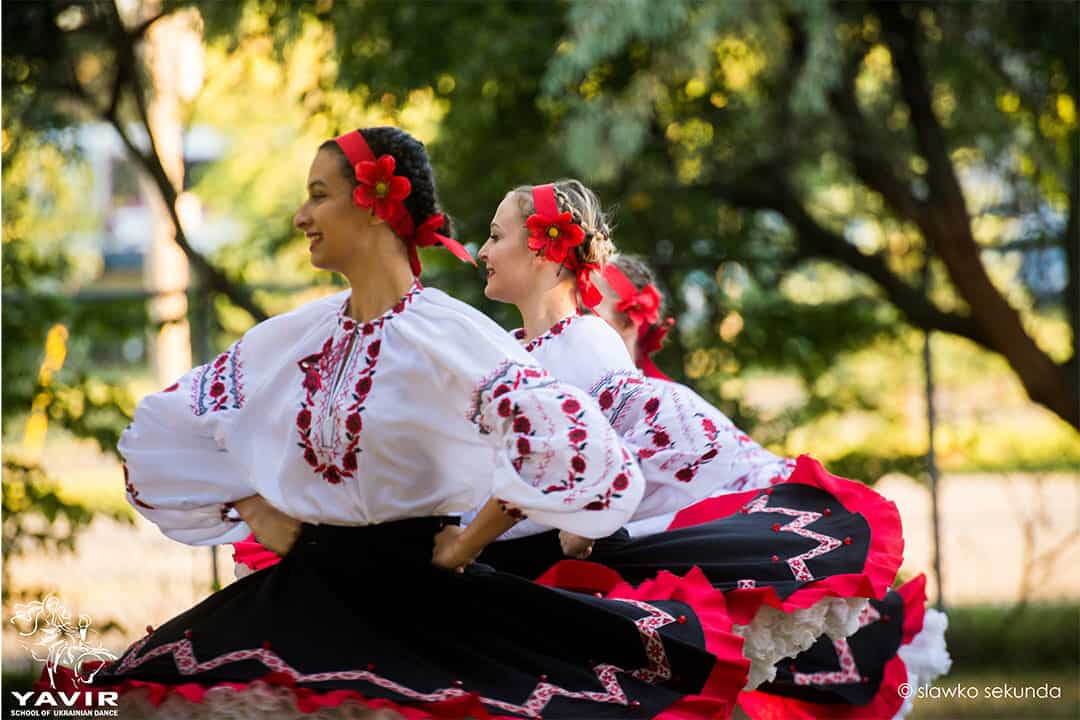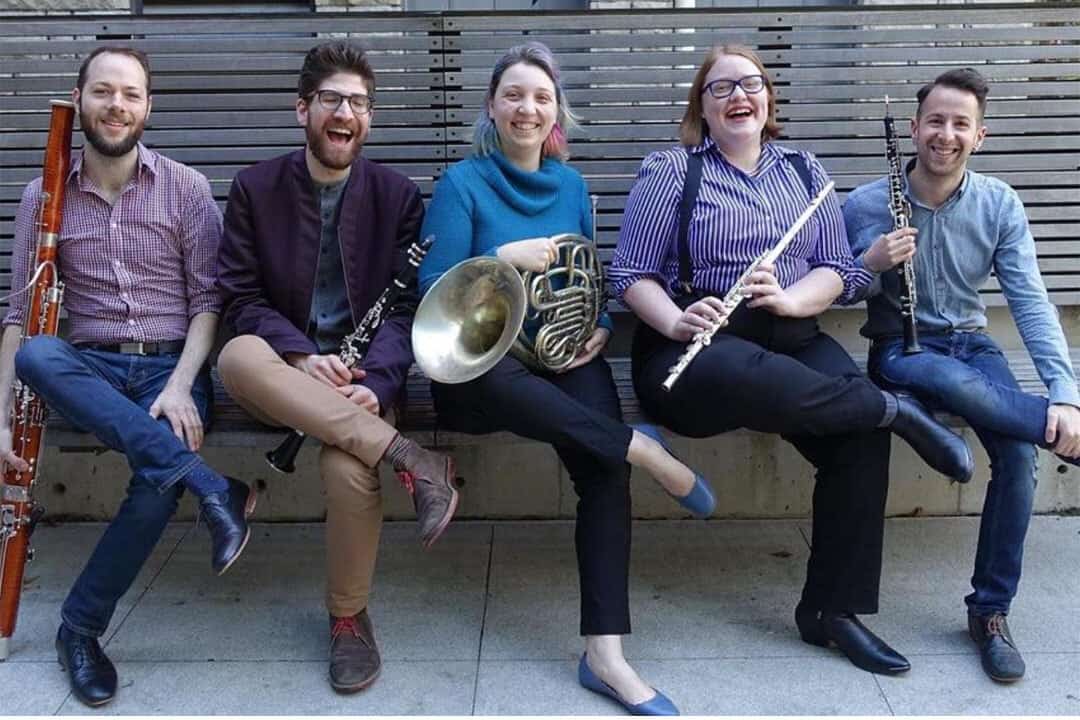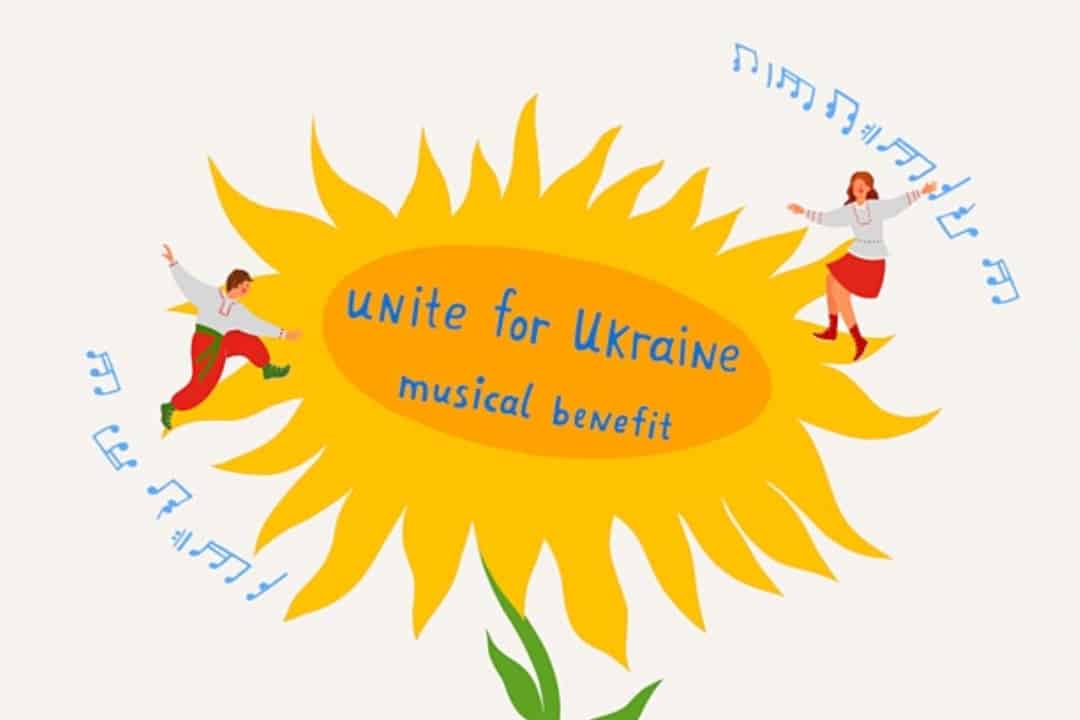As the war in Ukraine continues into its third month, members of the Eastern European diaspora in Canada are coming together through a shared history and desire to help Ukrainians, who are currently experiencing Russian aggression firsthand. One manifestation of this unity is the Canada-Ukraine Foundation’s upcoming benefit concert, Unite for Ukraine.
The concert will take place on May 15 at 7:00 pm at the Ukrainian Catholic Church of the Holy Protection and will feature a variety of performers, including folk singers and classical musicians. Organizers will also hold a silent auction with Ukrainian handicrafts and sell Ukrainian baked goods during the intermission. Tickets for the in-person event and live stream are available to purchase online, and will also be sold at the door.
The unity among Eastern European Canadians became apparent to me when I spoke to Vivien Fellegi, a Hungarian-Canadian journalist whose parents grew up under Soviet rule. “I grew up with these stories,” she wrote in an email to The Varsity. “So this conflict feels like it’s in my own blood.”
Fellegi organized the benefit concert on behalf of the Canada-Ukraine Foundation. All of the proceeds will go toward sending food, medical supplies, and other humanitarian aid to the war zone.
Personal connections in the diaspora
Growing up, Fellegi’s parents often told her stories of their lives in communist Hungary. In 1956, they both marched in a student-led protest in Budapest. A few weeks later, as her father stood in line to buy bread, the protests turned violent. Fellegi’s father recounted that a Soviet tank rolled up and fired into the crowd. “He barely escaped being hit. They ran all the way home,” Fellegi wrote.
While Fellegi wants the benefit to raise money for those affected by the war, she also hopes that the power of Ukrainian music will connect others to their cause.
Oksana Luczkiw, a Ukrainian dancer performing at the benefit concert, shares this sentiment. In an email to The Varsity, she explained that Ukrainian dance has taught her about community. “The melodies, dance steps, and costumes are all parts of our culture that we can all individually connect to and share,” Luczkiw wrote.

Performers from the Yavir School of Ukrainian Dance. COURTESY OF THE YAVIR SCHOOL OF UKRAINIAN DANCE
Luczkiw’s grandparents had to leave Ukraine because of World War II, but her parents worked hard to incorporate Ukrainian culture into her childhood. She is participating in the concert to support Ukraine and uphold its culture at a time when many cannot.
“Especially now, we are performing because it is a privilege and it is a way for us to help Ukraine, and a way to show everyone that our culture and our spirits are alive,” Luczkiw explained.
Andrea Kuzmich, a Ukrainian musician who will also be performing at the benefit concert, similarly grew up immersed in Ukrainian culture. She grew up listening to Ukrainian music with her grandparents and celebrating Ukrainian Easter and Christmas with them. Both holidays follow the Orthodox calendar.
Kuzmich’s grandparents immigrated to Canada in the late ’20s and early ’30s, after Russia had already established control over Ukraine. It would maintain that control until Ukraine gained independence in 1991.
Kuzmich believes that Russian influence has watered down Ukraine’s culture and traditional music. “Without [national independence], I have to wonder if I would ever have been exposed to this sort of music, or whether this music would have been lost,” she said.
The art of connecting community
While many fundraisers have been held in support of Ukraine since the war began, Fellegi believes music is a universal language with a unique power to connect people. With the diverse set of musicians and performers lined up for the event, Fellegi hopes to “send a message of solidarity to Ukrainians in the diaspora and, perhaps, even in Ukraine.”
Kuzmich feels that the concert provides a space for the Eastern European diaspora to revive its music and culture, which were not available for a long time in Ukraine. As an ethnomusicologist who has been studying traditional singing and polyphony — a type of music where more than one tone is heard at a time — for over 30 years, she has been surprised by the lack of talk about Ukrainian polyphony in academic circles.
But Kuzmich explained that she is ultimately performing at this event because her folk ensemble, Kalendar, has been performing at many events over the past few months to spread awareness of the atrocities that are occurring in Ukraine.

Musicians who will perform at the United for Ukraine benefit concert. COURTESY OF QUINTAGEOUS WOODWINDS QUINTET
“Any acknowledgment of [those atrocities] is very important to us; the more that we can do with our voices, with our songs, the more I think we can make a very deep impact,” Kuzmich said.
As she is not in Ukraine, Kuzmich feels that events like the benefit concert are vital to celebrating Ukrainian identity. Through such events, Kuzmich said, “we can reinforce the fact that a distinct Ukrainian culture exists, has a strong and ancient voice, and is worth fighting for.”


